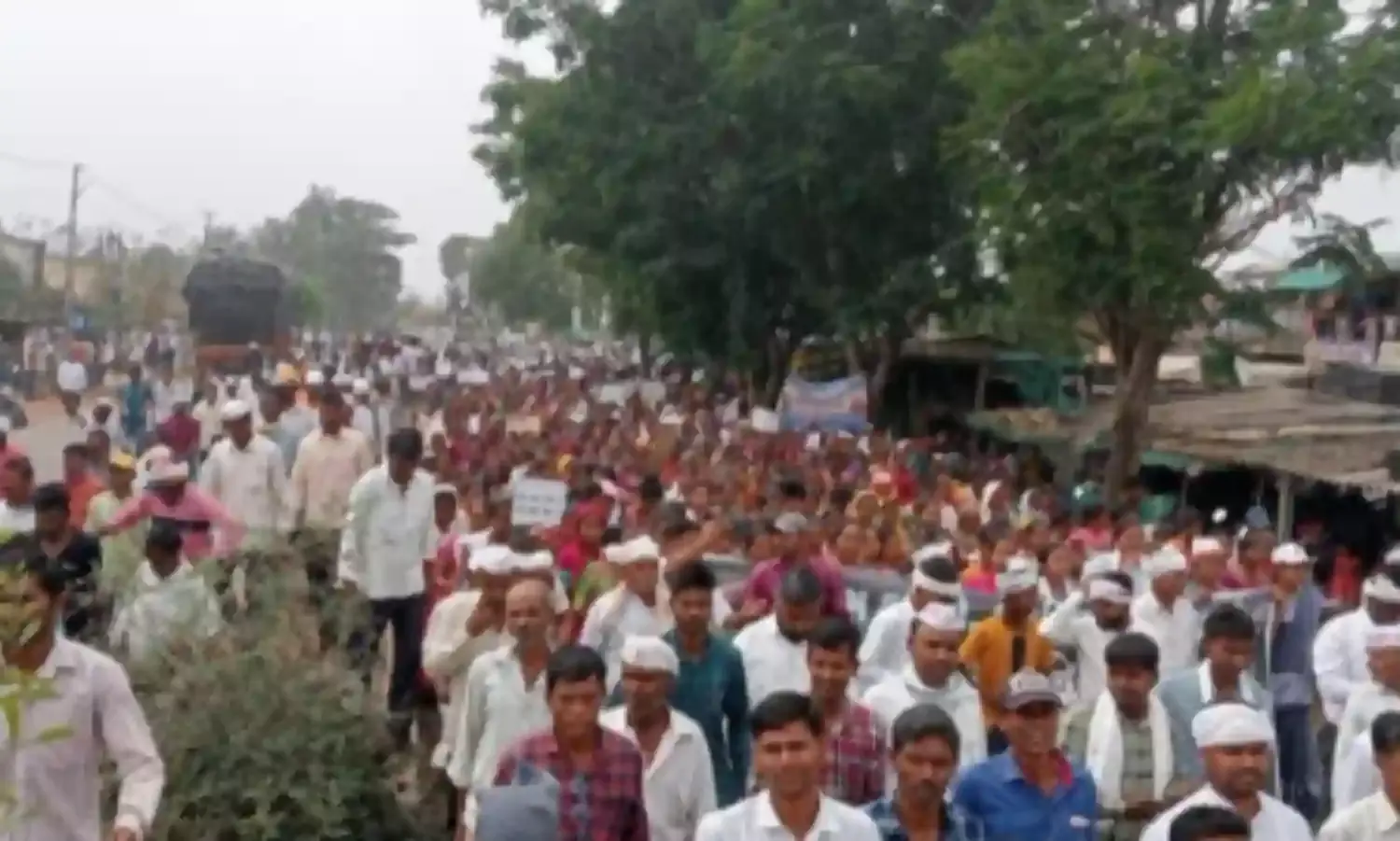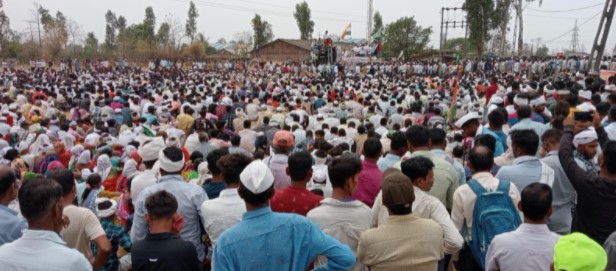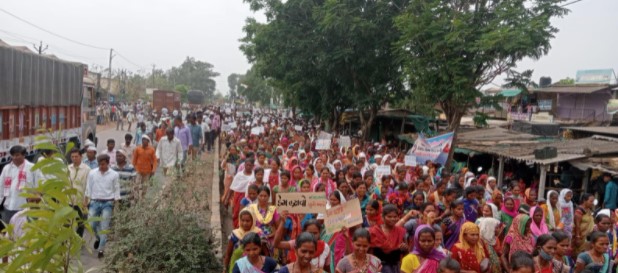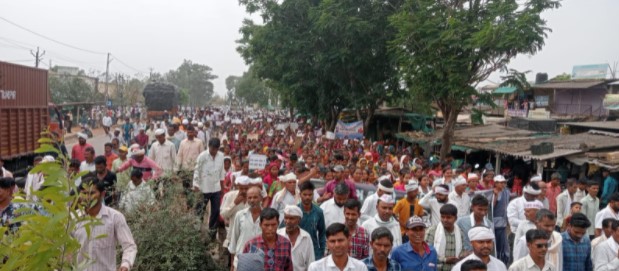Indigenous Gujaratis Win River Linking Pause
7 dams, 3 weirs, 2 tunnels and a canal

A people’s movement against a river linking project in Gujarat and Maharashtra has won a significant victory in south Gujarat, where Adivasi dominated areas have been on the boil the last few weeks over plans to execute a Par-Tapi-Narmada interlinking project that would divert the “surplus water” of these rivers in the Western Ghats to water scarce areas in Kutch and Saurashtra.
Media reports on Tuesday quoted Gujarat BJP president CR Paatil as saying that New Delhi had agreed to put the brakes on the project. Efforts to reach out to him were in vain. “The central government has assured us that until Maharashtra and Gujarat, which are the two states involved, give their written consent for the project, it cannot be given a go-ahead,” Paatil reportedly said.
However, those spearheading the movement demanded a whitepaper on the issue saying their protests would continue until an assurance is received in black and white.
“Our movement will continue till the Centre issues a White Paper on the issue. We have no faith in the announcements of party leaders who might be trying to mislead the people. They might say that the project is on hold and revive it once the elections are over. It was finance minister Nirmala Sitharaman who had announced the move to execute the project on February 15 in the Parliament. A written document is what we seek,” said Anant Patel, a Congress MLA from the region who is among those spearheading the protests under the banner of ‘Dam Hatavo, Jungle Bachavo Sangharsh Samiti’.
The state goes to polls this winter. BJP leaders are reportedly reminding voters that the project was launched in 2010 by the second Manmohan Singh government.

Patel told this reporter, “They are scared after having seen the power of the Tribals during the series of protests over the last few weeks that have been continuing since February. We have another demonstration coming up on April 1 in Songadh and April 14 in Mandvi which will be a build-up to the proposed visit of Prime Minister Narendra Modi to Dharampur in Valsad on April 15.”
The most recent protest against the project was in the state capital of Gandhinagar on March 25, where thousands of Indigenous people convened to express their anger against the move and demand its scrapping.
The project was conceived back in 1980 but the MoU between the two states and New Delhi was signed only in 2010. It includes the construction of seven dams besides three weirs, a couple of tunnels and a canal.
Opposition to the project stems from the threatened displacement of a large number of Indigenous families mainly from southern Gujarat. Protestors say that over 6,000 hectares of land would be submerged and 61 villages affected with one being totally submerged. 2,509 families would suffer of whom 98 live in Maharashtra and the others in Gujarat. The villages they say would bear the cost are located in Dharampur taluka of Valsad, Ahwa of Dang, Vansda of Navsari along with Surgana and Peint of Nasik.
“There is a lot of fear among the Tribal population. It is not only the Congress that is involved in the movement. There are people representing various political and non-political organizations,” said Laxman Bagul, a Dang based activist instrumental in organizing the demonstrations.
“The worst part is that nobody is bothered about the damage that this project would do to the rich flora and fauna in this area that is covered by lush green forest. You can rehabilitate the people by giving them land elsewhere but can you rehabilitate the flora and fauna?” he asked.
“The authorities need to understand the strong bond that exists between the Tribal population and the jungle. They cannot be sacrificed at the altar of what a few people residing outside perceive as development, and do not have any concern for conserving the environment.”
Anant Patel added that “the area is home to some rare flora with trees that are more than 100 years old. It is home to a large variety of wildlife and birds.”

The protestors say that there are several options available with the government to address the water concerns of Saurashtra and Kutch. They say the government should look at setting up desalination plants to utilize sea water instead.
Perturbed over the public sentiment, sources said, CR Paatil had led a delegation comprising BJP MLAs from south Gujarat and some ministers to the national capital on Monday where they met union home minister Amit Shah along with Sitharaman and water resources minister Gajendra Singh Shekhawat.
The project has drawn protests every time there was a move to execute it. Sources say there were protests in 2010 when the MoU was signed. Then the people protested again in 2017. Now again protests were revived when there was a fresh push for taking it forward.
Sources say the BJP would not want to antagonize the Indigenous voters who live across the eastern stretch from Ambaji in the north to Dang in the south this election year. In the last election the party had won 25 of the 35 seats falling in south Gujarat, finishing 7 ahead of majority.




